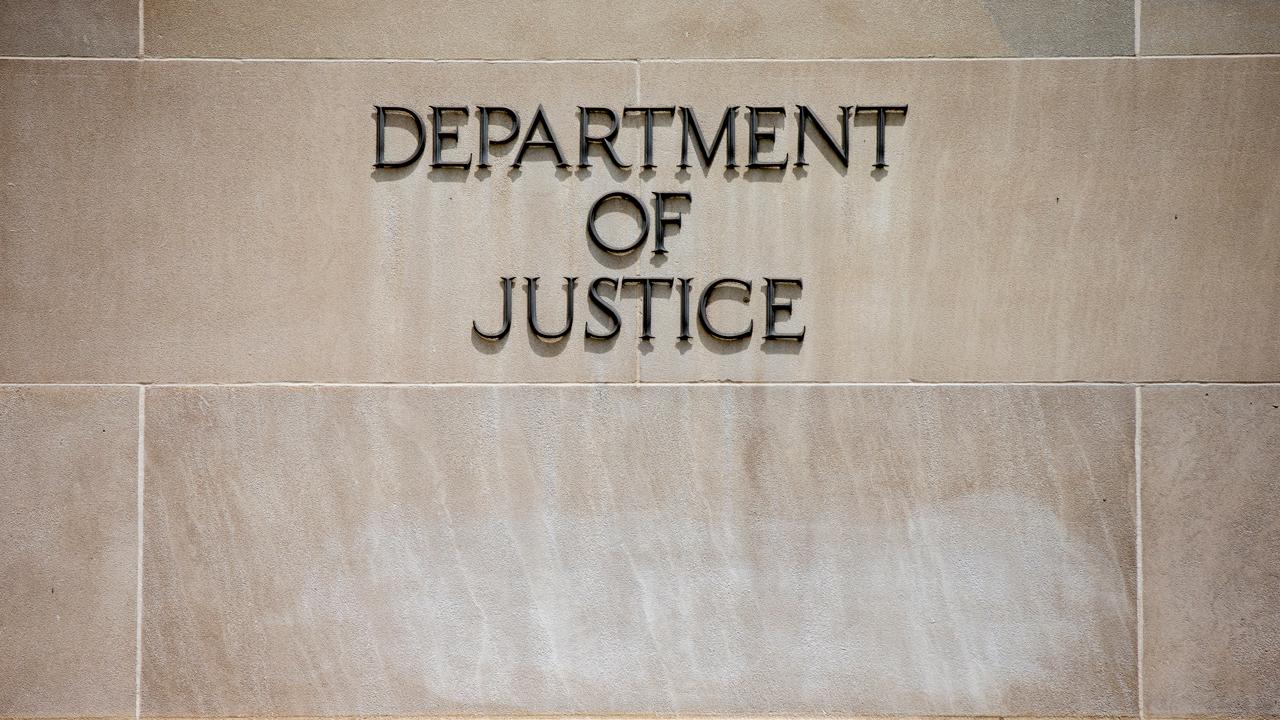AT&T-Time Warner deal: Judge’s ruling ignored ‘common sense,’ DOJ says
The U.S. Department of Justice on Monday outlined the details of its challenge to a judge’s approval of AT&T’s $85.4 billion acquisition of Time Warner, arguing the court ignored “fundamental principles of economics and common sense” in its June decision.
In a 73-page appellate brief filed as part of the appeal process, federal antitrust officials reiterated their stance that the deal would grant AT&T an unfair advantage over rival cable providers, hurting competition in the industry and increasing prices for consumers. Officials said the court failed to admit key evidence and argued that U.S. District Court Judge Richard Leon’s ruling was incorrect.
“The district court erroneously concluded that the merger will not give Time Warner any increased bargaining leverage,” the DOJ’s brief said. “The reasons the district court gave for finding zero increase in leverage are implausible and internally inconsistent.”
Leon approved AT&T’s acquisition bid of Time Warner assets, including HBO, without conditions. The judge ruled that antitrust officials failed to provide definitive proof that the merger would harm consumers.
AT&T completed the transaction within days of Leon’s ruling. The telecom giant has already begun to integrate Time Warner assets and include the new businesses in its quarterly financial reports.
“Appeals aren’t ‘do-overs,’” AT&T General Counsel David McAtee said in a statement. “After a long trial, Judge Leon weighed the evidence and rendered a comprehensive 172-page decision that systematically exposed each of the many holes in the government’s case. There is nothing in DOJ’s brief today that should disturb that decision.”
The company will file its own appellate brief defending the ruling by Sept. 20.




















